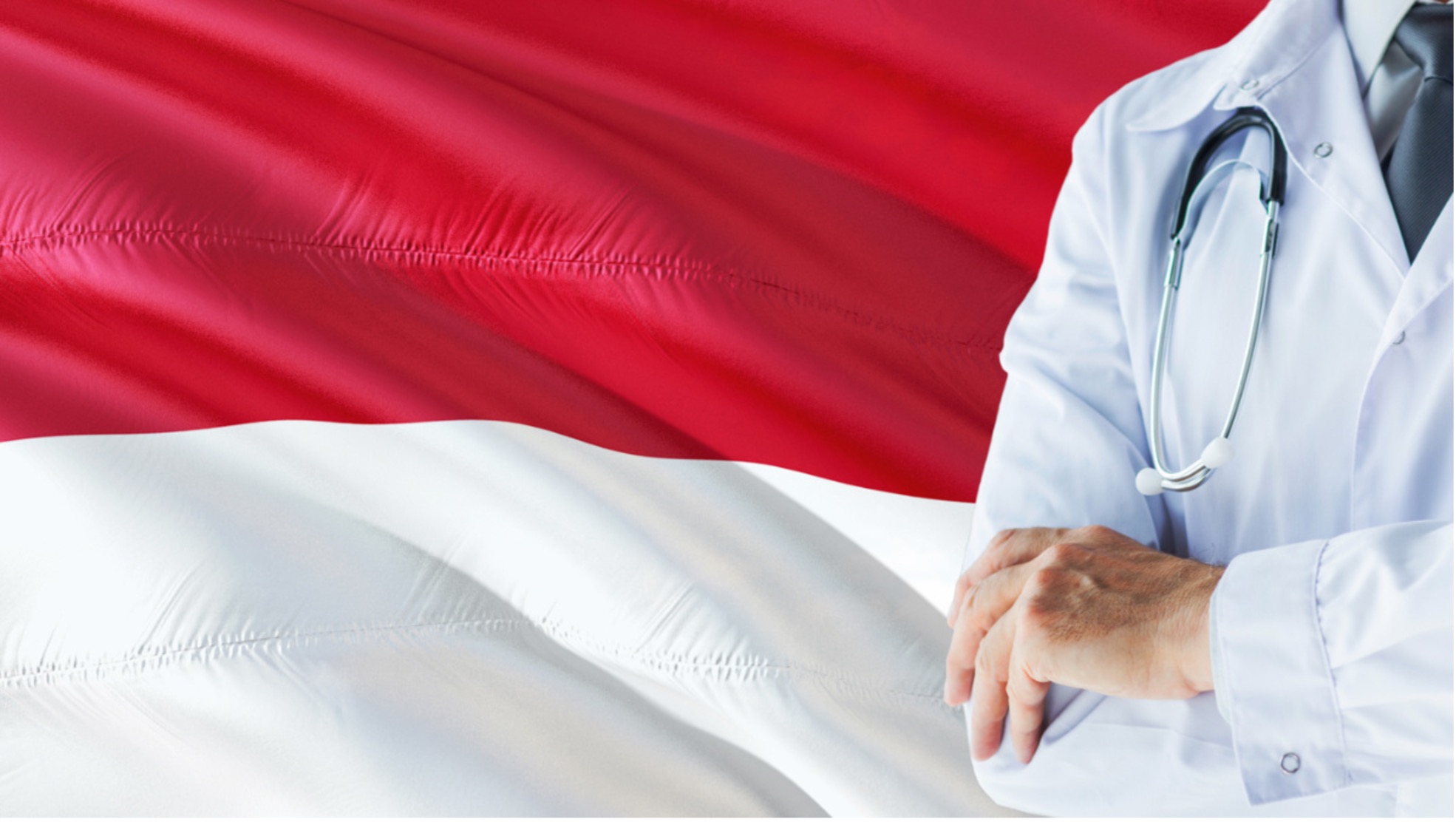Recce green lit to begin dosing in registrational Phase 3 trial for diabetic foot infections

Recce has received Indonesian ethics approval for a registrational Phase 3 trial. Pic: Getty Images
- Recce receives Human Research Ethics Committee approval to commence dosing for registrational Phase 3 trial of R327G in patients with diabetic foot infections
- Study to be conducted across Indonesia, which has one of the world’s largest diabetes patient populations
- Phase 3 read-out and regulatory submission expected in late 2025, with potential approval and commercial launch in H1 2026
Special Report: Recce Pharmaceuticals has achieved a ‘landmark milestone’ with Human Research Ethics Committee approval received for its Phase 3 clinical trial for RECCE 327 Topical Gel (R327G) in patients with diabetic foot infections (DFIs).
Recce Pharmaceuticals (ASX:RCE) said the key ethics approval signifies that the company has met the safety and efficacy testing required to proceed dosing in humans with the large-scale, late-stage clinical trial.
The double-blinded, placebo-controlled study is on track to start mid-December and will be held at various sites in Indonesia, which has one of the world’s largest diabetes populations.
The risk of a person with diabetes developing a foot ulcer has been estimated to be as high as 34%.
RCE said ~50% of all diabetic foot ulcers develop infection, which can lead to sepsis, gangrene, amputation and even death.
The DFI treatment market is estimated to be worth ~US$5.2bn, with RCE initially targeting the Indonesian market, which it anticipates being worth ~US$189m, where diabetes each year impacts 11% of the population.
Trial results expected in late 2025
RCE said Indonesia’s clinical trial approval process involves two key steps, including ethics approval, along with the green light from the country’s national agency of food and drug control Badan Pengawas Obat dan Makanan (BPOM), which is imminently expected.
The trial aims to enrol up to 300 patients with 200 to receive RCE’s lead compound R327G and 100 to receive placebo.
R327G is a broad-spectrum anti-infective given as a topical treatment on patients with mild skin and soft-tissue DFIs.
The trial will be initially conducted at PT Siloam International Hospitals, Indonesia’s largest private hospital network, which provides health service facilities in hospitals and clinics across various cities.
With the trial running for ~12 months, a read-out is expected in late 2025 with regulatory approval and commercial launch forecast for H1 CY26.
News follows positive ongoing trial in Australia
The approval to commence dosing in a registrational Phase 3 DFI clinical trial follows a 100% patient response rate to R327G in a present Phase 2 Acute Bacterial Skin and Skin Structure Infections (ABSSSI) study in Australia.
RCE announced in October that an independent non-data safety monitoring board (non-DSMB) had completed a positive review of safety and efficacy data from the ongoing Phase 2 clinical trial R327G in patients with ABSSSI, including DFIs.
Most patients treated with R327G in the Phase 2 ABSSSI trial have demonstrated highly encouraging efficacy results, with all patients completing treatment positively on the primary endpoint and achieving either complete cure or improvement.
Many showed complete cure results as early as seven days with the trial advancing to the final stages.
Strong support for study in Indonesia
RCE said it had received strong support from key Indonesian stakeholders, including the Indonesian Ministry of Health, BPOM and PT Etana Biotechnologies along with the Australian Government for its Phase 3 DFI trial to accelerate R327G’s path to commercialisation.
The study will cost RCE ~US$2m before further subsiding by the Australian Government’s 43.5% R&D rebate scheme under the company’s Advanced Overseas Advanced Finding status with AusIndustry.
All intellectual property is that of Recce.
Tackling global problem of antibiotic-resistance superbugs
RCE is tackling the global health problem of antibiotic-resistant superbugs with its new class of synthetic anti-infectives.
The company’s anti-infectives have a universal mechanism of action, meaning they are broadly effective across different types of microorganisms and have an ability to overcome hyper-cellular mutation.
Also worth reading > Recce’s reconnaissance against superbug – infiltrate, eliminate, escape undetected
Growing need to treat DFIs in ASEAN regio
RCE said successfully completing the Phase 3 trial in Indonesia would enable the company to replicate regulatory approval for R327G as a treatment for DFIs across the broader ASEAN region, including Malaysia, the Philippines, Singapore and Thailand.
Facing increasing rates of antimicrobial resistance and infectious diseases, there is a critical unmet need for new therapeutics in these countries.
The broader ASEAN market to treat DFIs is estimated to be worth ~US$1bn annually.
Landmark milestone in clinical development program
Recce CEO James Graham said the welcomed approval signals the beginning of its clinical programs in Indonesia and the broader ASEAN region, bringing R327G one step closer to commercialisation.
“Today marks the achievement of a landmark milestone in Recce’s clinical program development,” he said.
“We are thankful for the unparalleled support from our Indonesian partners in bringing our innovative anti-infective therapy to patients in need.
“We look forward to evaluating R327G in our first Phase 3 trial.”
This article was developed in collaboration with Recce Pharmaceuticals, a Stockhead advertiser at the time of publishing.
This article does not constitute financial product advice. You should consider obtaining independent advice before making any financial decisions.
Related Topics

UNLOCK INSIGHTS
Discover the untold stories of emerging ASX stocks.
Daily news and expert analysis, it's free to subscribe.
By proceeding, you confirm you understand that we handle personal information in accordance with our Privacy Policy.








